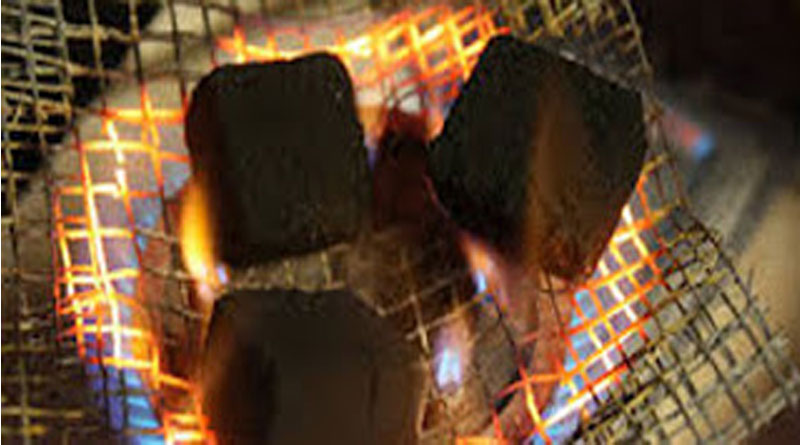Corn Furnace as Alternative Heating for Your Home
Changing your old furnace for a corn furnace may prevent you from spending your salary on your heating this year. A corn furnace is economical and clean, not creating creosote or any other chemical that can create cleaning nightmares. Additionally, a furnace that burns corn can warm a house efficiently and effectively, ensuring that you and your loved ones are kept out of the reach of Old Man Winter. This winter, make the switch to corn your family and your bank account will thank you in the end.
A corn furnace is fueled by just that, shelled and dried corn. Unlike natural gas, corn is a renewable resource that can be grown again and again each growing season. In addition to being environmentally friendly and ensuring the next generations of individuals are able to enjoy Earth, corn is quite economical and is easily purchased and stored. Instead of having to chop down trees, split logs, stack wood and keep tinder dry, have a bag of corn delivered directly to your doorstep. Whereas cut wood can bring bugs, mold and other nasty pests into your home, corn is free from pests and will not potentially infest your home with harmful creatures. Coal is far too dirty for storing and can make a mess in any home. Corn on the other hand is clean and odorless, so if a few kernels are spilled on your floor, the cleanup is a breeze!
Burning corn as an energy resource may be a bit unique, but it has been proven to be quite effective. The corn that is used is shelled from the cob and generally dried. This corn is usually grown as animal feed, but found unacceptable (usually because the kernels are scorched or too small). Once the corn has been turned down by the feed processors, it is then sold cheaply for fuel. Corn burns with an incredibly high efficiency, rivaling the higher priced sawdust based pellets that are a rival on the market for alternative energy resources.
A corn furnace also has a feature that automatically controls the amount of corn added to the fire in order to keep the temperature at the set level. This way, you do not have to worry with the hassle of shoveling the corn into the furnace and can sit back and let the furnace do all the work for you.
In today’s world, most of our energy is derived from international sources. Our natural gas and oil comes from all over the world, allowing another country to control our access and costs. Instead of becoming more and more dependent on foreign supplies for our energy, consider using an energy source that can be grown locally without worrying about trade conditions with other countries.
Converting your current furnace to a corn furnace is simple and easy. There are several quality manufacturers that make furnaces that burn shelled corn, simply choose one that best fits your budget and needs and hook the unit directly to the forced-air duct system or the hot water system already existing in your home. This is a simple procedure that requires little set up time. In fact, the system can be controlled with a traditional wall mounted thermostat just like any heat-based or natural gas furnace.
Midwesterners have been using corn furnaces for many years to keep their home and families warm through those notorious Midwest winters. Today, corn is quickly catching on as high heating prices are driving residents of the entire country to find a more suitable source of heating. Regardless if your winter lasts a few weeks or several months, a corn furnace in your home is sure to keep you and your family snug until the spring thaw.

